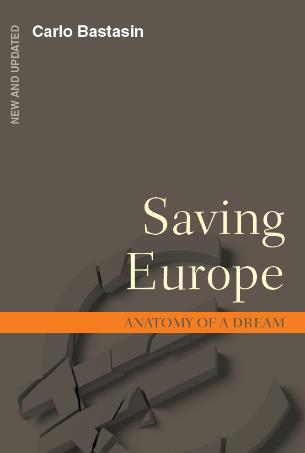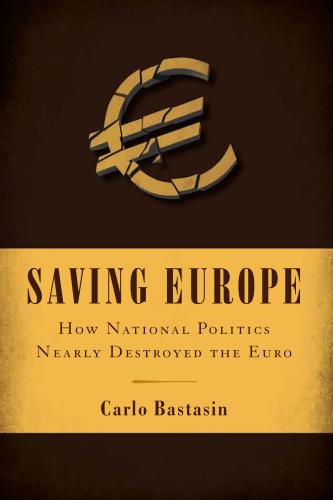Anger against foreigners in Shepherd’s Bush, my slightly seedy neighborhood of West London, is not hard to find. A late-night visit to a convenience store or a kebab shop often presents the spectacle of angry natives — usually drunk and probably unemployed — cursing at the lack of fellow countrymen working in the neighborhood. Their language is crude, but their analysis is hard to dispute: the store on my corner has Poles behind the cash registers and Pakistanis sweeping the floors.
Such workers are increasingly becoming targets for xenophobic wrath in the United Kingdom. The ongoing global economic crisis has hit the British employment market hard, with 278,000 native-born workers losing their jobs in the last year. At the same time, jobs for foreign-born workers rose by 214,000, and immigrants now represent nearly 15 percent of all workers in the United Kingdom. Many sectors, particularly the very visible construction trade, are dominated by foreign labor. This January, the revelation that the builders of a refinery in Lincolnshire had refused to consider British workers, instead hiring only Italian and Portuguese applicants, spawned a wave of wildcat refinery strikes across the country and blockades of power stations by outraged British energy workers. The famously anti-European British tabloid press decries the invasion of foreign labor and insists that Prime Minister Gordon Brown make good on his 2007 promise to find “British jobs for every British worker,” even if that means reserving jobs for British workers.
Blaming foreigners for hard economic times is hardly a new phenomenon, even in ultra-cosmopolitan London. The United Kingdom, like much of Europe, has a long tradition of importing workers during good times and then struggling to respond to popular demands to send them home during downturns. This current recession, however, offers an additional complication: the single European labor market. A series of EU rules that have slowly come into place over the last 20 years now mean that the national governments of EU member states cannot make laws that discriminate against workers from other EU countries. Back in 2004, when ten countries (including eight from Eastern Europe) joined the EU, existing member states had the option of taking up to seven years to adopt a nondiscrimination policy against workers from the new member states. But Britain as well as Ireland and Sweden — which all faced domestic labor shortages at the time — chose to accept laborers from those countries immediately. Now there is no going back. During the boom years, workers from Eastern Europe, who were barred from countries such as Italy, France, and Germany, flocked to London, and many still continue to follow their friends and relatives to the United Kingdom. The result is that a neighborhood such as Shepherd’s Bush is now a good place to find Polish delicacies and a bad place to find a plumber fluent in English.
The Brookings Institution is committed to quality, independence, and impact.
We are supported by a diverse array of funders. In line with our values and policies, each Brookings publication represents the sole views of its author(s).










Commentary
Letter From London: One Market, Many Peoples
March 12, 2009